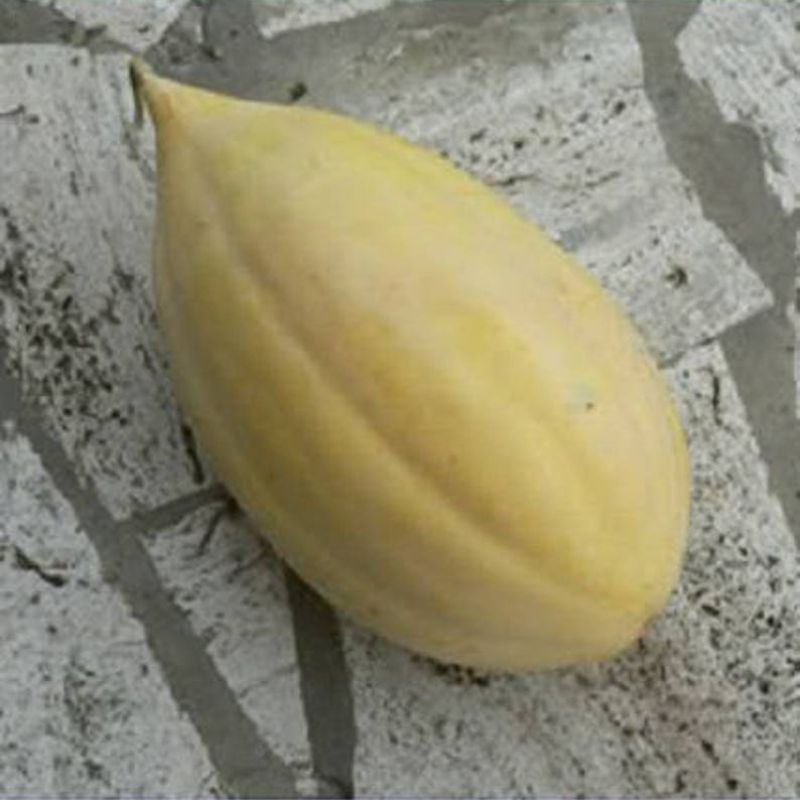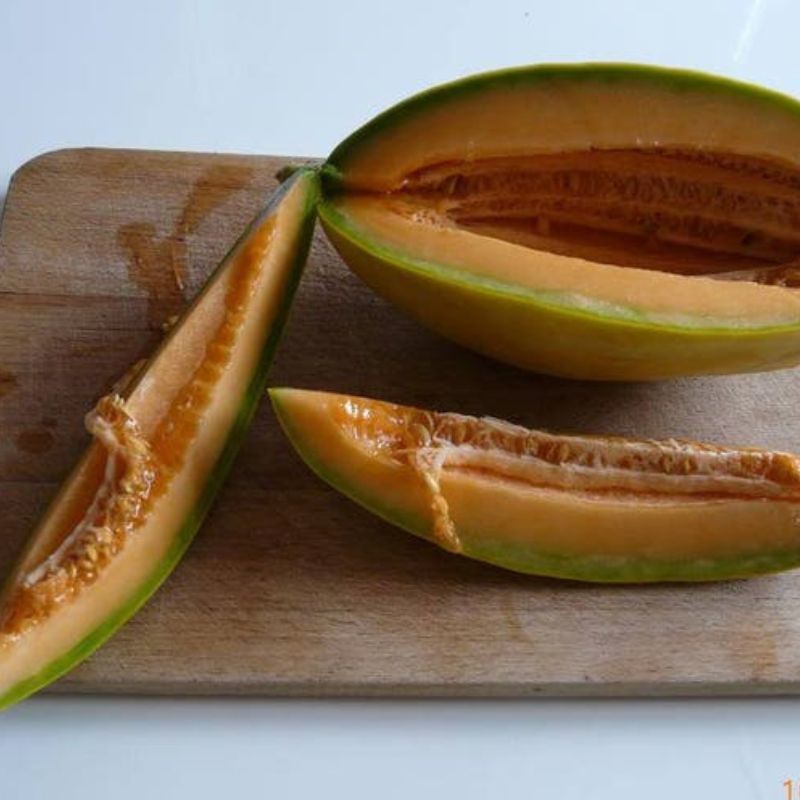- Historical context: Cucumis melo, commonly known as melon, has been cultivated for thousands of years. The banana cantaloupe is a specific variety within this species.
- Geographical origination: The Cucumis melo species is believed to have originated in Africa and Southwest Asia.
- Relevant cultural significance: Melons have been a staple in various cultures, particularly in the Mediterranean and Middle Eastern regions, where they are often enjoyed fresh or in desserts.
- Time period of discovery: The cultivation of melons dates back to ancient times, with evidence of their growth found in Egyptian tombs and ancient Persian texts.
- Original habitat: Melons originally thrived in warm, arid climates with well-drained soils.
- Notable historical uses: Historically, melons were valued for their refreshing taste and high water content, making them a popular choice in hot climates.
- Ideal temperature range: 70-85°F (21-29°C)
- Soil type: Well-drained, sandy loam soil with a pH of 6.0-6.8
- Sunlight requirements: Full sun (at least 6-8 hours of direct sunlight per day)
- Watering needs: Consistent watering, keeping the soil moist but not waterlogged. Reduce watering as the fruit matures to enhance sweetness.
- Planting season: Spring, after the last frost date
- Germination time: 7-10 days
- Growth cycle duration: 75-90 days from planting to harvest
- Common pests and diseases: Aphids, cucumber beetles, powdery mildew, and downy mildew
- Companion planting advice: Good companions include corn, radishes, and beans. Avoid planting near potatoes.
- Common challenges and solutions: Melons can be susceptible to fungal diseases; ensure good air circulation and avoid overhead watering. Use row covers to protect young plants from pests.
- Nutritional values: Rich in vitamins A and C, potassium, and dietary fiber. Low in calories and high in water content.
- Health benefits: Supports hydration, boosts immune function, promotes healthy skin, and aids in digestion.
- Culinary uses: Eaten fresh, in fruit salads, smoothies, or as a dessert. Can also be used in savory dishes and salsas.
- Medicinal uses: Traditionally used to cool the body and alleviate heat-related ailments. The seeds are sometimes used in folk remedies for digestive issues.
- Other unique advantages: The banana cantaloupe variety is known for its unique banana-like aroma and flavor, making it a distinctive addition to fruit platters and culinary creations.






